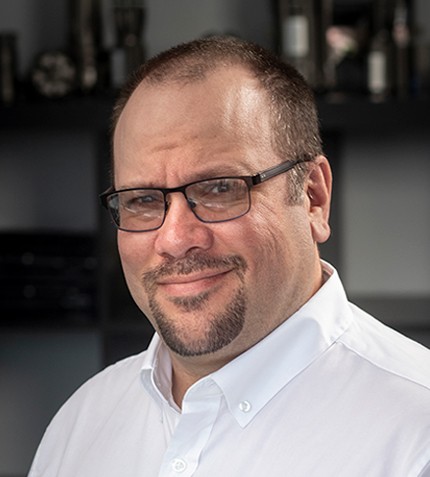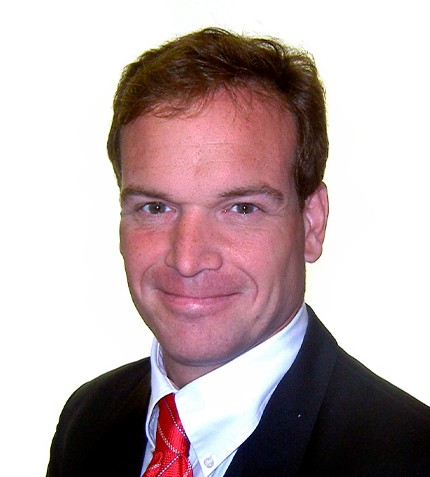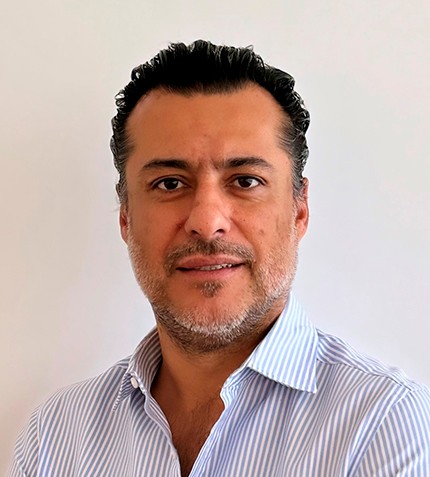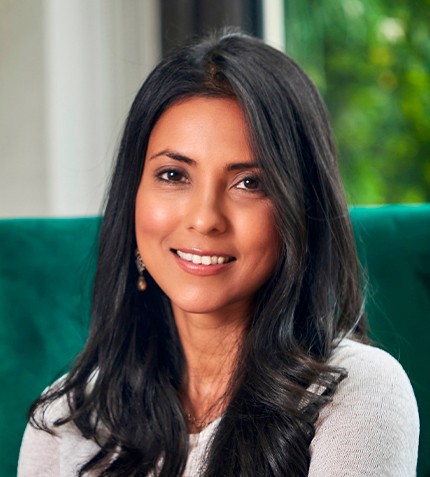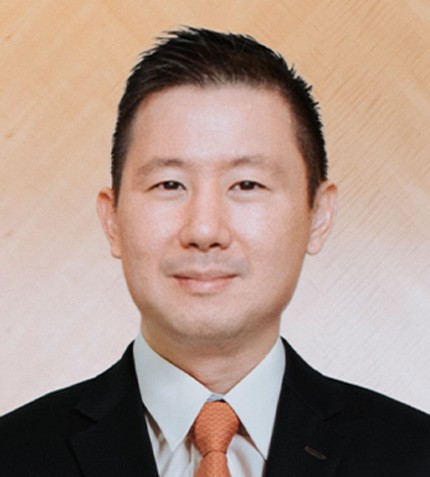
"Our vertical integrated model is important from a sustainability perspective; being able to provide end-to-end traceability is an indisputable advantage as many of our large customers like to ascertain the provenience of their products."
Lee Jia Zhang
CHIEF OPERATING OFFICER, KUALA LUMPUR KEPONG BHD (KLK)
Could you introduce KLK to our international audience?
Kuala Lumpur Kepong Berhad (KLK) traces its roots to 1906 to the then Kuala Lumpur Rubber Co. Ltd, a former British company involved in rubber and tin mining. To keep it short, my grandfather took over the reins after acquiring shares during a time when foreign investors were looking to unload their stake in the company. He also had the foresight to venture into oil palm plantations in 1983. I am the third generation in this family-owned company.
Today, KLK is one of the largest plantation companies in the country, with a landbank of approximately 350,000 hectares spread across Malaysia, Indonesia and Liberia. Two years ago, we increased our landholding by almost 30% through the acquisition of IJM Plantations Berhad – now known as KLK Sawit Nusantara Berhad.
Besides plantations, the Group has a manufacturing and a property division. We have oleochemical presence in Asia (Malaysia, Indonesia, and China) and Europe (Germany, the Netherlands, Belgium, Switzerland), and a sales office in the USA.
Could you give us an overview of KLK OLEO’s portfolio and how it has evolved over the years?
Since the 1990s, KLK began diversifying into resource-based manufacturing of oleochemicals (fatty acids, glycerine, fatty alcohols), derivatives and specialties (esters, amides, surfactants), and fine chemicals (phytonutrients). Today, we have a global oleochemical presence, dominated by basic oleochemicals used in the manufacturing of home and personal care consumer goods. Our portfolio strategy going forward is two-fold: First, we want to keep expanding our basic oleochemicals product basket in line with demand. Second, we are also working closely with our customers on R&D applications to find better solutions. Under Davos Life Sciences, a wholly owned KLK subsidiary, we are commercializing the DavosLife E3 Tocotrienols, among other products, and this palm-oil-derived form of Vitamin E is associated with multiple health benefits.
Why is vertical integration important for sustainability and what are some ESG initiatives driven by the Group?
From a purely commercial perspective, our vertical integrated model is less important because we procure raw materials at market prices, but from a sustainability perspective, being able to provide end-to-end traceability is an indisputable advantage as many of our large customers like to ascertain the provenience of their products. Sustainability has always been at the core of what we do at KLK. We are one of the pioneering members of the Roundtable on Sustainable Palm Oil (RSPO), which was founded in 2004. In 2014, we established our Sustainability Policy, solidifying our commitments in various aspects. To give some examples of concrete initiatives in Malaysia, we commissioned a new Gas Turbine Co-Generation Plant (COGEN) in Palm-Oleo Rawang. COGEN has contributed to more than RM7 million in energy cost savings. We are stepping up our sustainability efforts and joining forces with other industry players to better address sustainability risks, but also capitalize on opportunities. The heightened awareness around sustainability is motivating chemical companies to incorporate renewable materials into their formulations, and KLK is well-positioned to supply the industry with renewable, high-quality oleochemicals.
What were the market factors contributing to KLK’s strong performance in FY22?
2022 was one of the best years at KLK. This was a combination of a multitude of factors, from high commodity prices to a strong rebound in demand. The supply shocks created by the war in Ukraine, mixed with pent-up demand built over lockdown, created the perfect fundamentals for a jump in commodity prices. At the same time, raw material management was particularly challenging as we needed to balance between raw material availability and managing plant efficiency while avoiding excessive inventory build-up at such elevated prices. The price for crude palm oil peaked at RM8,000 in March last year but came down by the end of the year below RM4,000. This price volatility makes cost management and raw material planning extremely challenging. Despite the challenges, KLK Group achieved a net profit attributable to shareholders of RM2.166 billion for FY22. For this year, we foresee strong headwinds which could affect both volumes and margins.
What are your main priorities going forward?
As an upcoming milestone, by Q3 of this year, we will be completing the Group’s mainstay refinery and kernel crushing plant project in East Kalimantan, Indonesia. Downstream, we will continue to focus on expanding our oleochemicals capacity, improving operational excellence, and investing in value-added derivatives.




